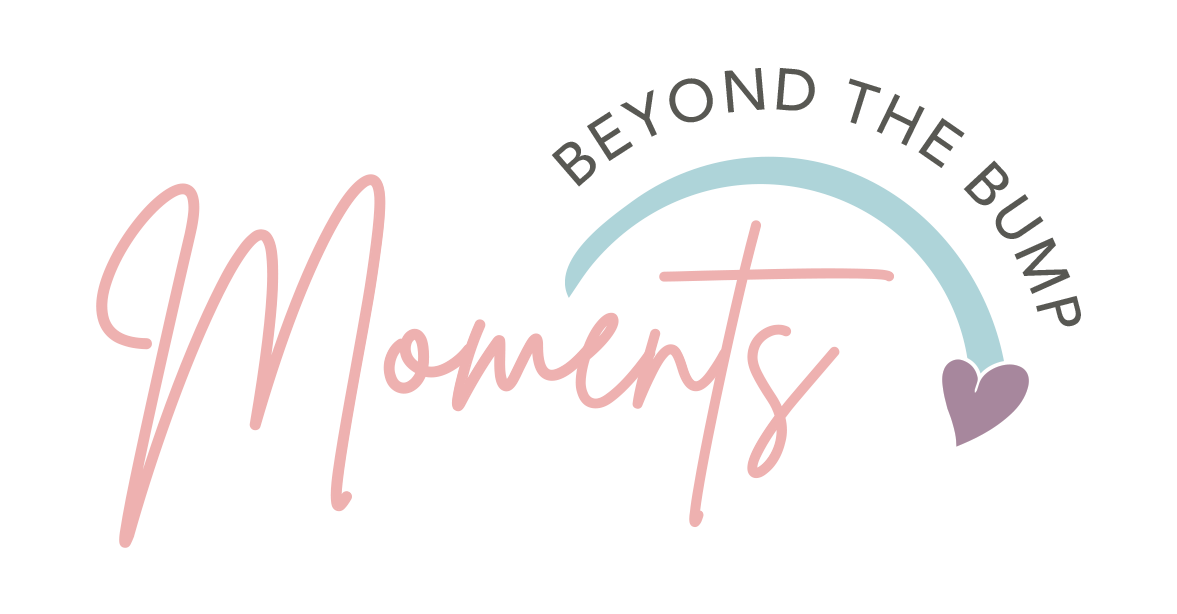“Limited Life”
This statement will stick with me forever. I hear it in my head all the time.
After working with a child, his mother and I began talking about his medical history and how he was brought into the world. We were discussing their experience in the NICU and the doctors that visited while they were there. She paused for a brief moment in the conversation and then she said it, "My son had only been 10 hours old and a short, older woman stepped into our room while we were with another doctor. She did not introduce herself directly or even tell us what her medical profession was. She examined our son for maybe 2 minutes. She looked at his head/ears, feet, hands, and spine. She then turned to my husband and I to say, "I'm sorry to tell you this, but your son is going to live a very limited life." And she left. She didn't ask us if we had any questions or even let us ask a single question if we wanted."
I will never forget the conversation... I was in tears crying for her and his mother stood there and comforted me. She handed me a tissue and continued to tell me about their medical experiences. I still think about the conversation we had and the pain I could see behind her eyes that was hidden so well by her strength. She spoke about how from that day on she knew that her job was not only to be a mom, but her son's advocate. From that day forward she did her research and continued to look for education to be the advocate her son needed.
And this is an example of, "lack of communication does not demonstrate someone's knowledge or overall intelligence." Just because someone who cannot communicate wants, needs, thoughts, or ideas does not mean they do not understand what is being said to them. As a therapist, I remind parents and other professionals that focusing and utilizing the child's strengths can help to overcome obstacles. When the focus is on the child's disability or skills that the child cannot do, where do you start? We know these things are hard, but we need to build on their strengths to improve their weaknesses.
To parents with children who are not communicating yet, continue to advocate for your child. Ask and learn about your state and county services. If you don't know, call me and we will figure it out together.
To other professionals, DO NOT generalize the children you work with. Their diagnosis does not put them in a category. No two children are the same and therefore their treatment is not going to be identical for each child. Understand and know the child for them!
LOVE, ONE UNDERSTANDING THERAPIST
